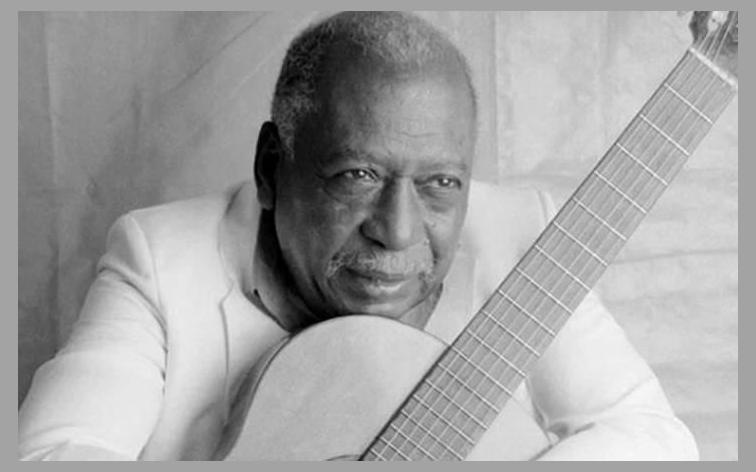 Zé Keti
Zé Keti
Zé Keti: The Voice of Morro
Zé Keti, born José Keti de Souza, emerged from the vibrant hills of Rio de Janeiro, Brazil, as an emblem of the 'samba de morro' genre. His music echoed the voices and struggles of the favelas, capturing the rhythms and aspirations of the marginalized.
Early Beginnings
Zé Keti's journey began in the humble neighborhood of Mangueira. As a young boy, he absorbed the infectious samba beats that permeated the streets. His talent soon blossomed, and he formed a musical group with friends, serenading the locals with their heartfelt melodies.
Challenges and Controversies
Zé Keti's music challenged societal norms. He unabashedly voiced the experiences and injustices faced by the favela residents, earning both acclaim and controversy. His songs often portrayed the harsh realities of poverty, police brutality, and racial inequality.
Artistic Collaborations
Zé Keti's collaborations with renowned artists such as Cartola, Nelson Cavaquinho, and Maysa further cemented his place in Brazilian music history. Together, they created timeless classics that continue to inspire generations of musicians.
Discography
Zé Keti's extensive discography spans over four decades. Some of his most celebrated albums include:
* "A Voz do Morro" (1955)
* "Samba na Madrugada" (1964)
* "Favela" (1969)
* "Cem Anos de Samba" (1979)
Members
Zé Keti's ensemble comprised a diverse group of talented musicians, including:
* Henrique Brito (guitar)
* Carlinhos (cavaquinho)
* Osvaldinho da Cuíca (cuíca)
* Airton Barbosa (pandeiro)
Legacy
Zé Keti's legacy extends far beyond his music. He became an outspoken advocate for the rights of marginalized communities. His songs served as anthems of resistance, empowering the voices of the voiceless.
Zé Keti's passing in 1999 left an immeasurable void in Brazilian music. However, his spirit lives on through his timeless compositions, which continue to resonate with audiences worldwide.
Zé Keti, born José Keti de Souza, emerged from the vibrant hills of Rio de Janeiro, Brazil, as an emblem of the 'samba de morro' genre. His music echoed the voices and struggles of the favelas, capturing the rhythms and aspirations of the marginalized.
Early Beginnings
Zé Keti's journey began in the humble neighborhood of Mangueira. As a young boy, he absorbed the infectious samba beats that permeated the streets. His talent soon blossomed, and he formed a musical group with friends, serenading the locals with their heartfelt melodies.
Challenges and Controversies
Zé Keti's music challenged societal norms. He unabashedly voiced the experiences and injustices faced by the favela residents, earning both acclaim and controversy. His songs often portrayed the harsh realities of poverty, police brutality, and racial inequality.
Artistic Collaborations
Zé Keti's collaborations with renowned artists such as Cartola, Nelson Cavaquinho, and Maysa further cemented his place in Brazilian music history. Together, they created timeless classics that continue to inspire generations of musicians.
Discography
Zé Keti's extensive discography spans over four decades. Some of his most celebrated albums include:
* "A Voz do Morro" (1955)
* "Samba na Madrugada" (1964)
* "Favela" (1969)
* "Cem Anos de Samba" (1979)
Members
Zé Keti's ensemble comprised a diverse group of talented musicians, including:
* Henrique Brito (guitar)
* Carlinhos (cavaquinho)
* Osvaldinho da Cuíca (cuíca)
* Airton Barbosa (pandeiro)
Legacy
Zé Keti's legacy extends far beyond his music. He became an outspoken advocate for the rights of marginalized communities. His songs served as anthems of resistance, empowering the voices of the voiceless.
Zé Keti's passing in 1999 left an immeasurable void in Brazilian music. However, his spirit lives on through his timeless compositions, which continue to resonate with audiences worldwide.